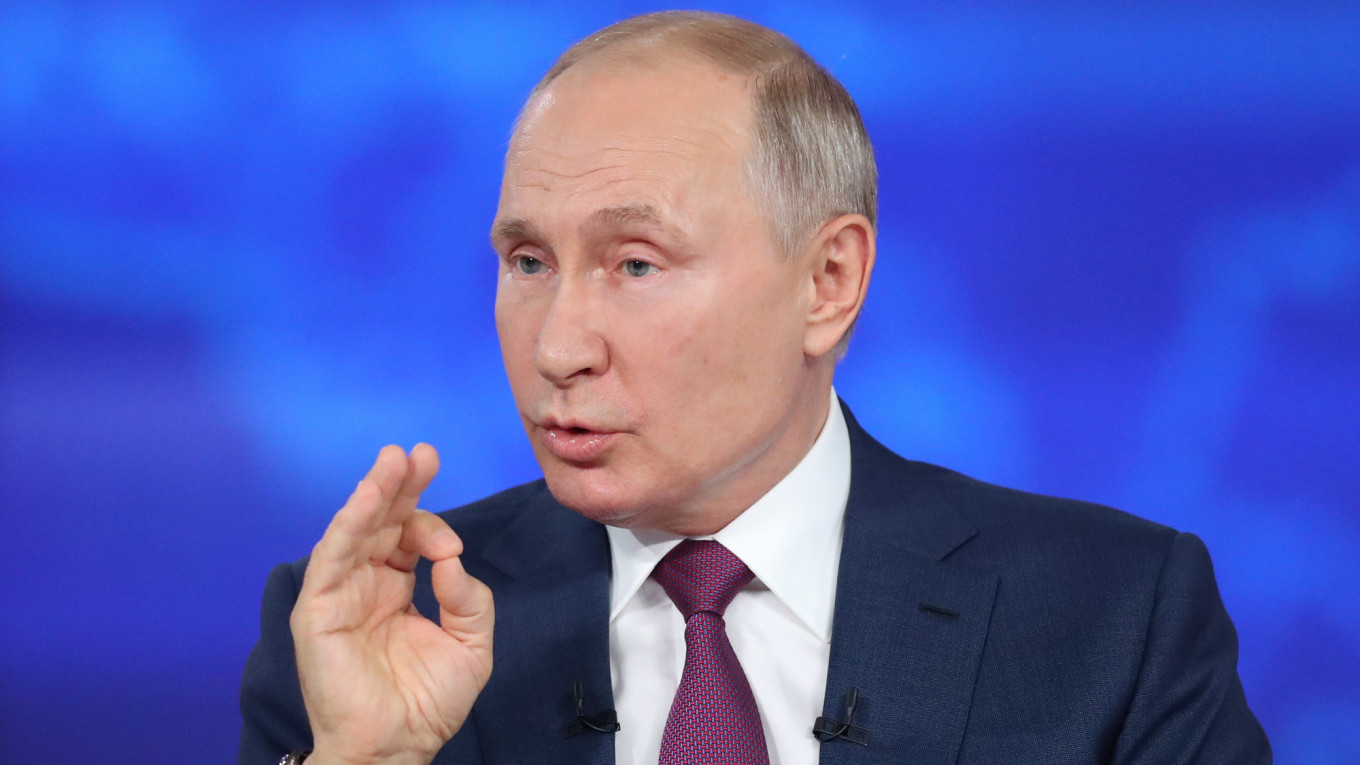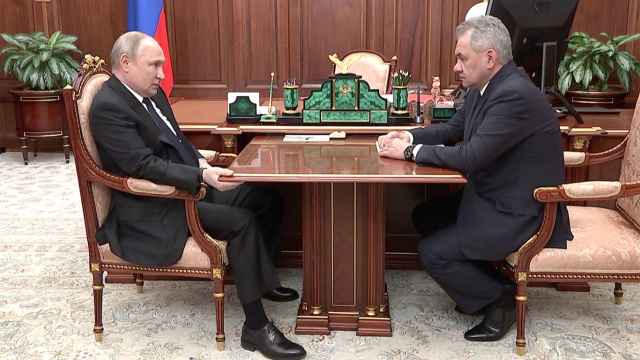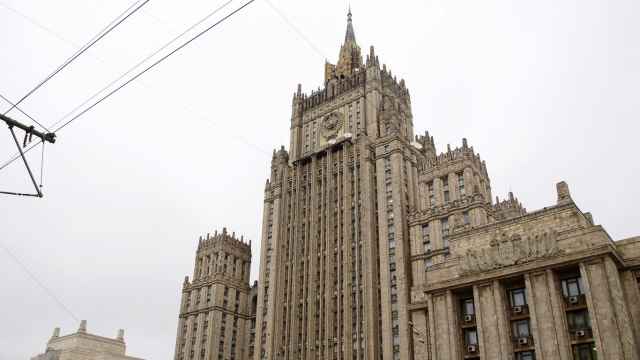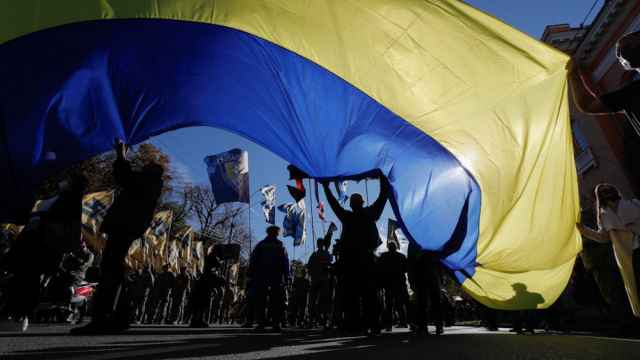The Russian government is taking Ukraine to the European Court of Human Rights (ECHR) over a slew of issues ranging from violence during anti-government protests and the downing of flight MH17 in 2014.
The filing marks Russia's first-ever interstate complaint with the ECHR.
The Russian Prosecutor General’s Office, which took over the Justice Ministry in representing Moscow at the ECHR, on Thursday issued a 10-point list of disputable grievances against Ukraine, including:
– Deaths during riots in Kiev that led to the 2014 ouster of Ukraine’s pro-Russia president, as well as civilian deaths in Ukraine’s seven-year war against pro-Russia separatists.
– The deaths of 298 people on board Malaysia Airlines Flight MH17 by Ukraine’s failure to close airspace over the combat zone. (International investigators say a Russian-made surface-to-air missile shot down Flight MH17 over eastern Ukraine on July 17, 2014. The Dutch government lodged a rare interstate complaint with the ECHR against Russia last year.)
– The water blockade of Crimea after Russia annexed the peninsula in the wake of Ukraine's 2014 revolution. (Western governments have imposed economic sanctions on Moscow for seizing Crimea, which is still internationally recognized as Ukrainian territory.)
– Loss of life during shelling of Russian border areas, attacks on Russian diplomatic missions in Ukraine, discrimination against Russian companies and Russian-speaking Ukrainians, as well as refusal to provide legal assistance for Russia to investigate the alleged crimes.
– Suppressing free speech and persecuting dissidents through bans of mass media and internet platforms, as well as disenfranchising residents of Ukraine’s war-torn southeast.
Countries very rarely bring lawsuits against other countries in the Strasbourg-based court, with only 24 so-called “interstate applications” filed in the court’s nearly 70-year history. Experts say the ECHR has begun registering a growing number of interstate cases in the past year, with Ukraine’s and Georgia’s cases against Russia admitted or receiving a judgment on the case's merits so far in 2021.
The Russian prosecutor’s office said in a statement that it sought to “restore peace and harmony in Ukraine” with the ECHR claim.
“The claim intends to draw the European Court’s and the entire world community’s attention to the gross and systematic violations of human rights by the Ukrainian authorities,” it said.
Russia’s Foreign Ministry said it expects an “unbiased and non-politicized” investigation of the evidence by the court.
Konstantin Kosachev, the deputy speaker of Russia’s upper house of parliament, said the claim will “sober up many Ukrainian leaders and troops, as well as their European patrons.” Other experts and lawmakers said Russia’s complaint would serve as a “litmus test” of the court’s objectivity.
Ukrainian Justice Minister Denys Malyuska mocked the case, saying Moscow had confused the Strasbourg-based court with a Russian talk show.
"In the complaint to the court they laid out all the myths of Russian propaganda," he said on Facebook.
"From a legal point of view, inevitable defeat is awaiting them."
Russia is the runaway leader in the number of pending ECHR cases among the 47 member states that fall under the court’s jurisdiction, accounting for around one-quarter of some 60,000 pending cases.
AFP contributed reporting.
A Message from The Moscow Times:
Dear readers,
We are facing unprecedented challenges. Russia's Prosecutor General's Office has designated The Moscow Times as an "undesirable" organization, criminalizing our work and putting our staff at risk of prosecution. This follows our earlier unjust labeling as a "foreign agent."
These actions are direct attempts to silence independent journalism in Russia. The authorities claim our work "discredits the decisions of the Russian leadership." We see things differently: we strive to provide accurate, unbiased reporting on Russia.
We, the journalists of The Moscow Times, refuse to be silenced. But to continue our work, we need your help.
Your support, no matter how small, makes a world of difference. If you can, please support us monthly starting from just $2. It's quick to set up, and every contribution makes a significant impact.
By supporting The Moscow Times, you're defending open, independent journalism in the face of repression. Thank you for standing with us.
Remind me later.






